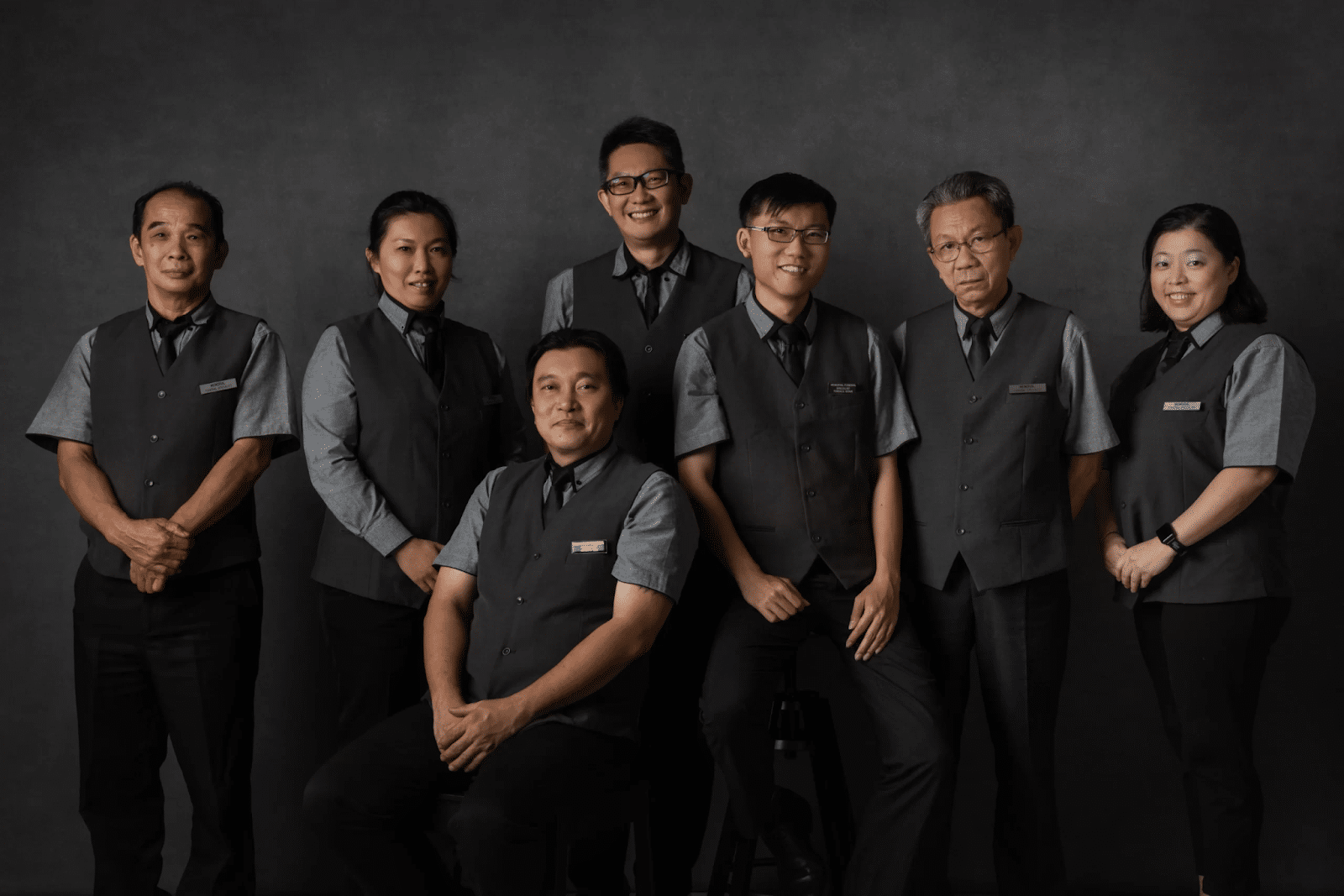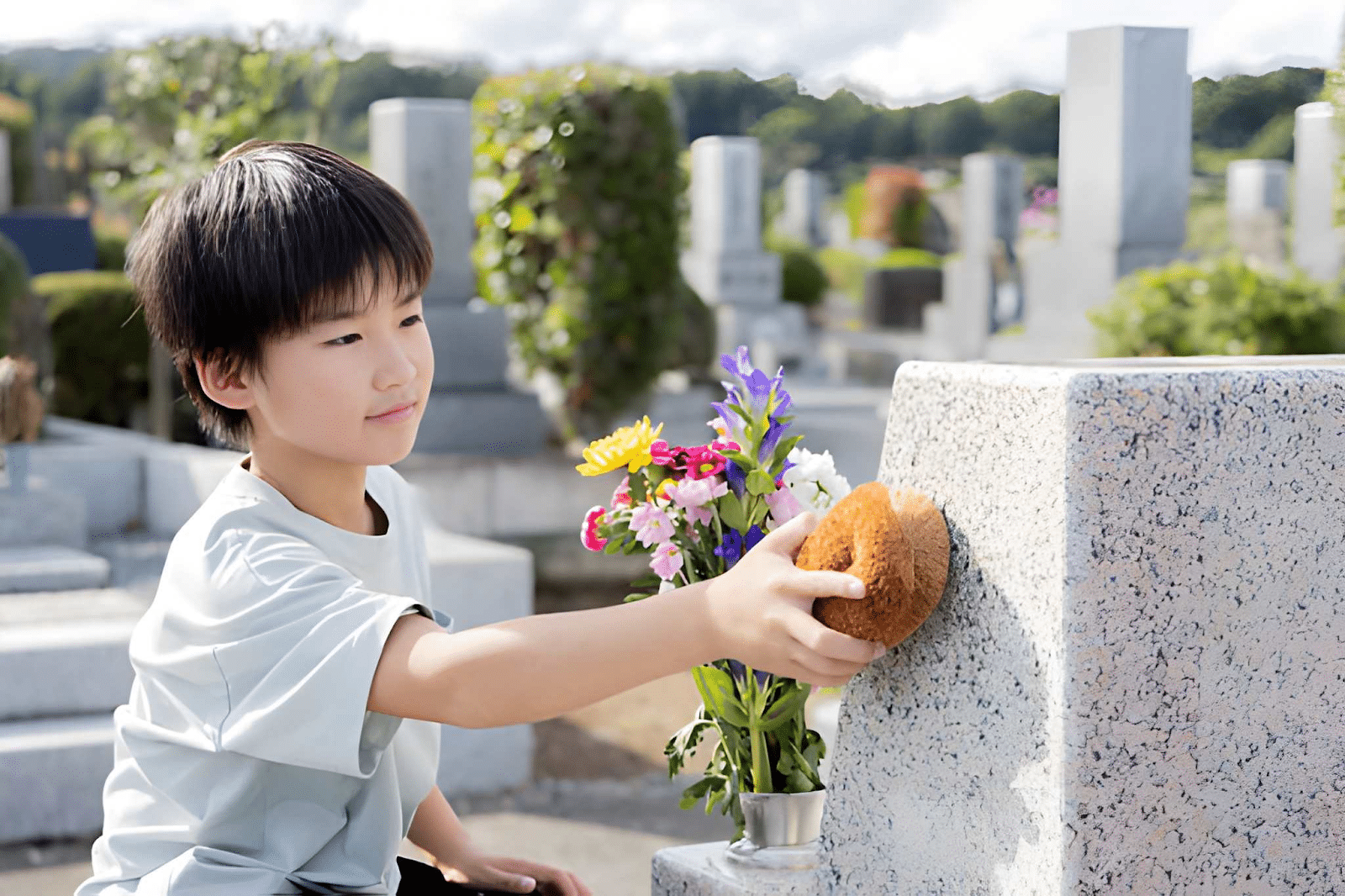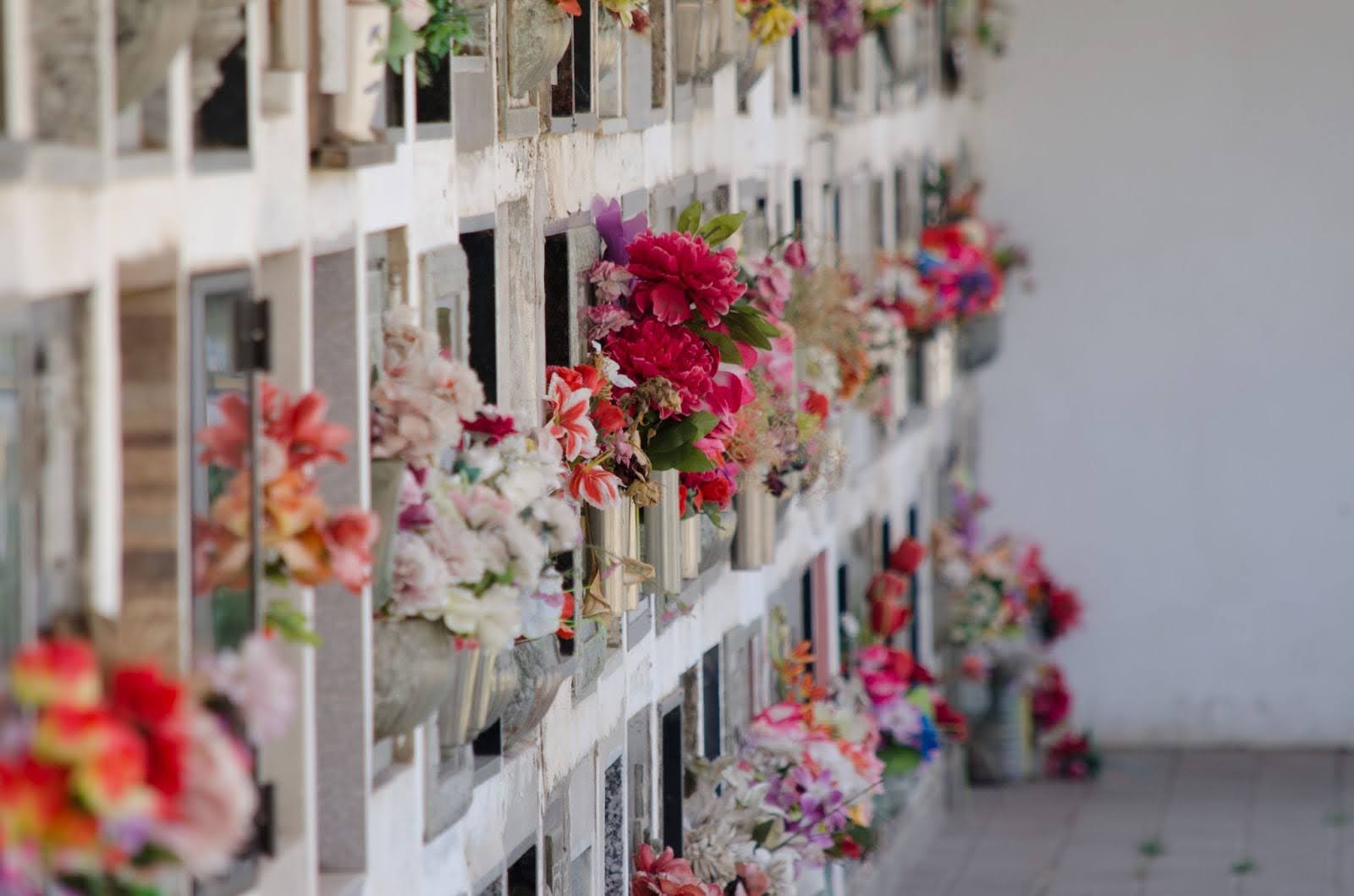How to Provide Proper Aftercare for a Grieving Family
Grief is an extremely complex process and manifests itself differently from person to person. Though it can come in many forms, for most, it can take a while to come to terms with and even longer to dissipate and heal from. To provide aftercare to grieving individuals – especially family members – is important, as unlike funeral proceedings, they do not have a clear timeline.
There are usually two parts to this: One from the funeral home, and the other from loved ones and friends. Here are some ways both parties can help to care for grieving individuals in a family.
From the funeral professionals
Witnessing bereavement is part of a funeral home employee’s encounters, and as much as it happens, most will tell you that it never becomes easy. However, one rewarding aspect for them is that their experience can lead them to become better support for those going through the process. While there is immense value in support from loved ones, there are times when speaking to a professional can be just as helpful.
Other than alleviating grief on-site, here are some ways the funeral home can support grieving family members with aftercare after a funeral.
- Produce a grief guide: Collect articles over time and share it as an online library for the bereaved to read at their own time. Often, grief can overwhelm our usual mental clarity and pointing to articles (such as this one on grief management by Healthhub) can be reassuring to read to make sense of the emotional turmoil. You’ll be surprised at how such a simple act is immensely helpful to someone feeling lost.
- Share resources: There are tons of online and offline professionals with specific skill sets to help someone grieving, but families sometimes would appreciate personal recommendations from the professionals. Keep a list of counsellors, therapists and forums that can help, offer your personal stories about them if applicable, and do remember to include the children as well with online toolkits, such as this one from Sesame Street.
- Assign an aftercare professional: There is value in having a dedicated contact person assigned to the grieving family, and it’s beneficial for both the family and the company. The family members will have a more personal contact and feel that they can more easily call upon someone for future funeral proceedings – bonus that it’s a trusted partner – and the professional assigned will be able to better follow-through with their experience handling the family. This can make subsequent funeral needs – such as timed religious rites – a much more seamless affair.
- Offer them newsletter support: Offer up a complimentary subscription to a supportive newsletter, featuring inspirational quotes and stories or just soothing messages of peace and remembrance. This is a great way to stay in touch without being intrusive.
- Suggest and assist with activities: There are many ways one can heal from grief, and one of the best ways is to channel that energy into something constructive. Help them create a memorial website – these can allow everyone to contribute memories and pay tribute, and the gathered information can be a soothing balm. Or offer workshop or online tutorial recommendations to let the family take up activities, such a floral workshop to make wreaths or bouquets to leave for the departed, or craft photo albums or frames to remember the person by.
From loved ones and friends
While some of the above methods can also apply as methods for friends and relatives to support the family, their relations also allows them another
- Set up appointments to meet without an agenda: Checking in is always great, but sometimes a well-timed meetup is even better. The crucial thing to note is that one shouldn’t look to try and “make them feel better”. Instead, just have a comfortable time enjoying each other’s company. And most importantly, don’t feel bad if they decline – the important thing was that you offered.
- Alleviate the burden: Funerals are intensive affairs and those from small families might sometimes have difficulty handling affairs even after the event. Let them know your skills and relate them to any responsibilities they might have, from sorting out legal matters to helping with post-funeral rites – even if it is just to offer transportation help.
- Send small tokens: It could be a gift such as a floral basket for the house, hampers of food and tonic, or even food delivery – small acts such as these are non-intrusive and can represent your thought and presence. If you’re feeling generous, larger items to help relieve daily duties such as household appliances (or a coffee machine for those nights of insomnia) can be especially thoughtful during this period.
Conclusion
The most important thing to remember is that each person’s grief comes in their own way and we shouldn’t judge or tell a person how to overcome it. Instead, we offer aftercare for a grieving family at their own time and method, by making them feel that we are always available should they need us.
Honouring the emotional processes is just as important as the physical, and Memorial Funeral will always be ready to assist and help support one in any end-of-life matters.









